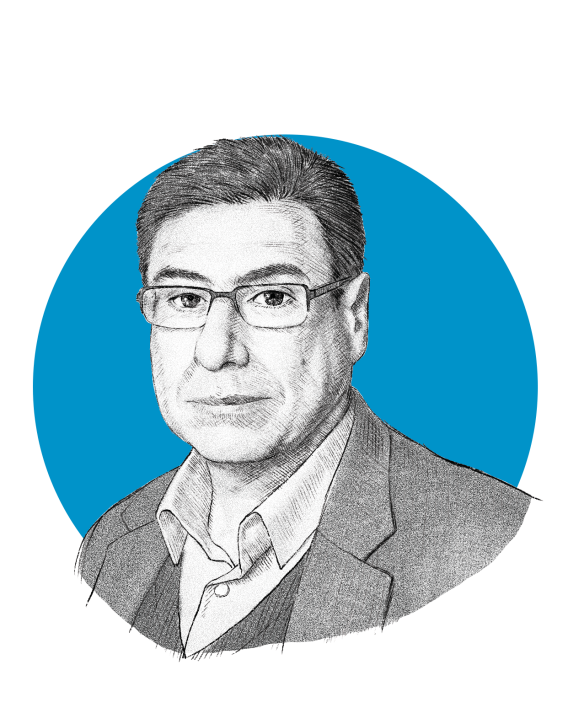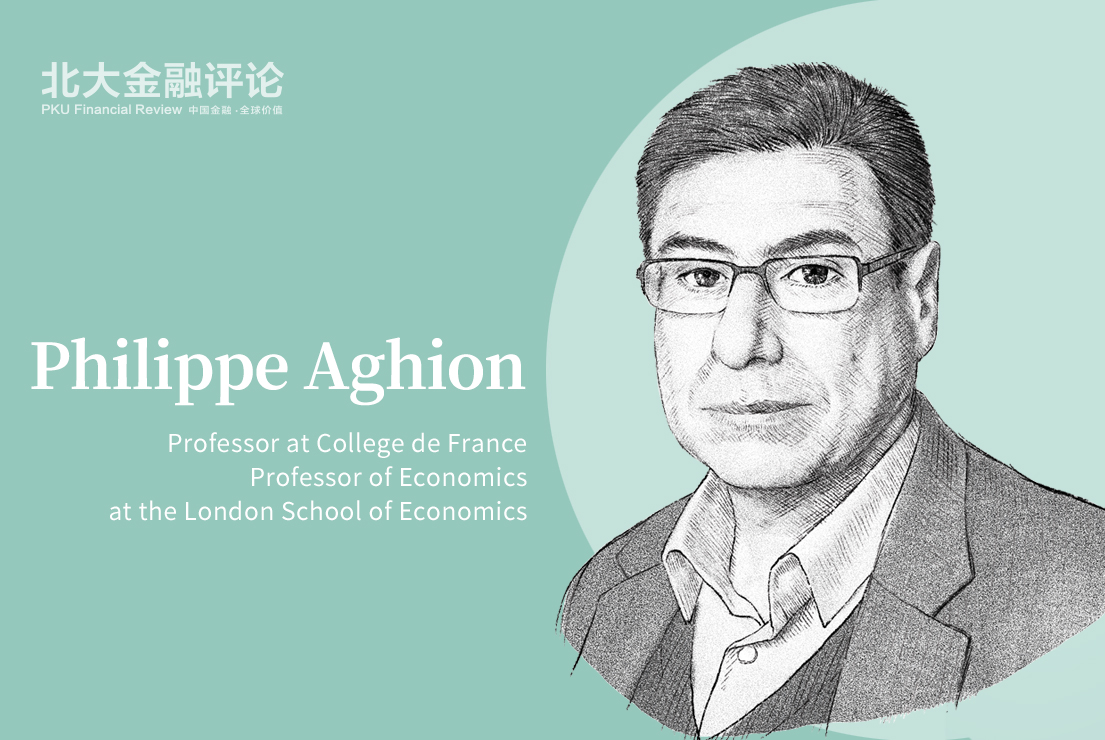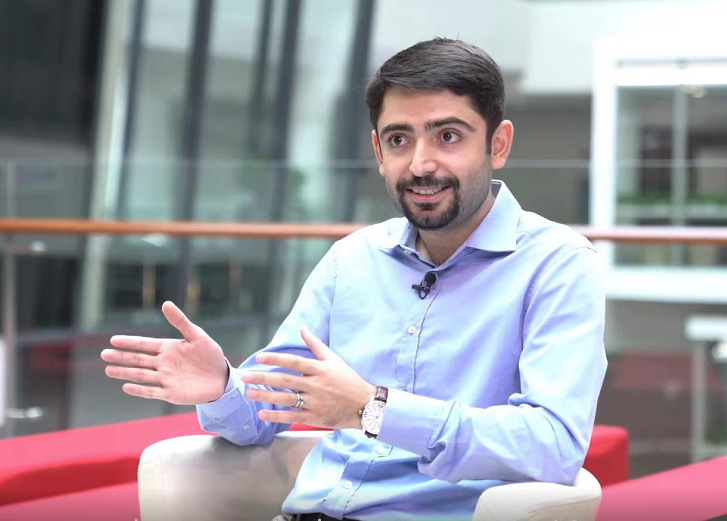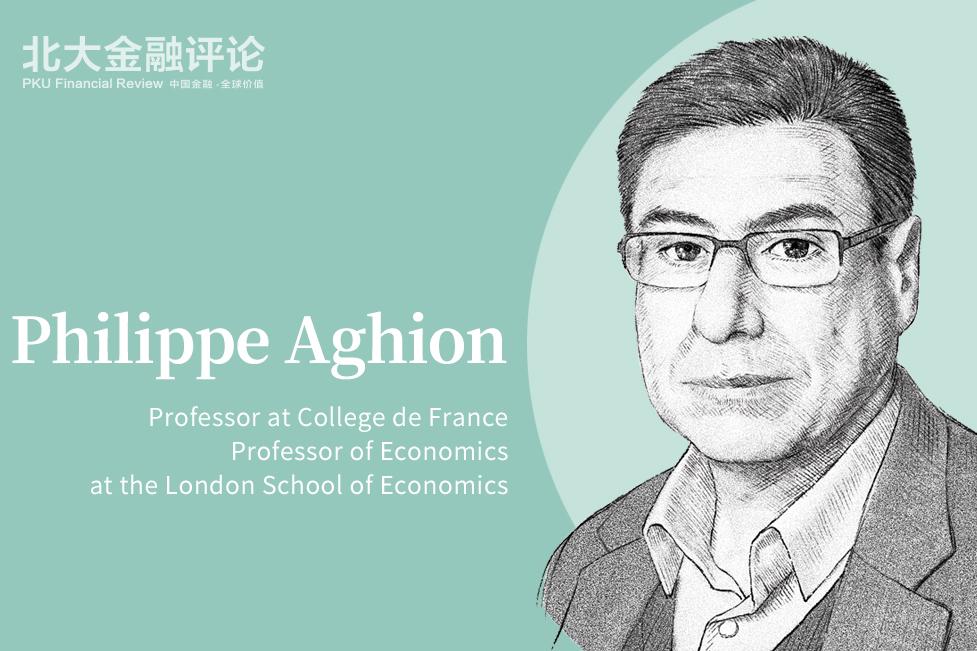French economist Philippe Aghion and Thomas Piketty are considered to be iconic figures in French economics. Aghion advocates Austrian Economics, but his research focuses on economic growth instead of dispatch.
PKU Financial Review: Professor Aghion, your book "The Power of Creative Destruction: Economic Upheaval and the Wealth of Nations" has been published in Chinese. The editor is our good friend Ms. Wu Suping from CITIC Publishing House. We also wrote a book review for you, and your book is selling very well in China. What we want to ask is whether the current very high inflation is also part of the cost of "creative destruction", since innovation requires a loose monetary environment, and innovation at a certain stage will simultaneously cause a decline in total output, which will lead to stagnation and inflation?
Philippe Aghion: The high inflation is a joint consequence of the pandemics, which has slowed down the supply of goods and services by breaking up international production chains and by imposing zero Covid restrictions, and of the Ukraine war which has pushed up energy prices.
High inflation in turn can become detrimental to innovation and creative destruction if it persists for too long at a high level, as in that case interest rates end up which discourages long investments, in particular in research and development.
PKU Financial Review: Now the whole world is troubled by the problem of "inequality". Recently, China has carried out a series of economic adjustment activities with “common prosperity” as the core, such as taming the disorderly expansion of Internet Giants. Do you think this is an effective measure to mitigate the negative effects of "Creative Destruction"?
Philippe Aghion: Innovation through creative destruction does not increase global inequality: the reason is that creative destruction means that there are new entrants that continuously replace old incumbent firms: this in turn stimulate social mobility as we argue in Chapter 5 of our book. Inequality truly increases when incumbent firms – who were yesterday’s innovators – discourage entry by new innovators, that is, when incumbent firms can successfully prevent creative destruction.
The following contradiction lies at the heart of growth through creative destruction: innovation rents are needed to encourage R&D investments which increase the probability of innovating. But then, successful innovators that have established firms, are tempted to use those rents to prevent subsequent innovation as they don’t want themselves to be subject to creative destruction. The solution is to combine property right protection with an active competition policy as we argue in Chapter 6 of the book.
PKU Financial Review: We are very interested in your paper "The Impact of Regulation on Innovation" published last year. You have systematically discussed whether regulation will affect innovation. At present, China's overall supervision of both Technology Giants and Financial Giants is very strong. Will this affect China’s future innovation? And there is a view that the regulation of giants has an anti-monopoly effect, which will promote the innovation of small enterprises. Do you agree with it?
Philippe Aghion: This is directly related to the previous question: regulating giants should mitigate the danger that entry by new innovating firms be discouraged by those giants; however, too much regulation might also discourage prospective innovators, as we show in that paper.
PKU Financial Review: "The Social Origins of Inventors" is a paper we read over and over again, and you argue that parents' income (especially father's income) has a very large impact on children's IQ and future. So, do you think that the "anti-inequality social policy" has helped future innovation for a long time, because the growth of the middle class has made parents' income better, so that children have a greater chance to grow into innovative geniuses?
Philippe Aghion: Parental income has a large impact on children’s probability of becoming inventors, mainly because high-earning parents are also better-educated parents who transmit knowledge and aspirations to their children. As the example of Finland shows very clearly, the best policy response to reduce the impact of social origins on the probability of inventing, is to promote broad-based high-quality education.
PKU Financial Review: You are appointed to the World Bank–International Monetary Fund High-Level Advisory Group (HLAG) on Sustainable and Inclusive Recovery and Growth last year, and we believe you have a very different perspective. What do you think is the highest priority agenda for the world to achieve inclusive growth?
Philippe Aghion: I believe that sustainable growth requires green innovation. However, as we argue in Chapter 9 of our book, innovation is not spontaneously green: firms that have innovated in dirty technologies in the past tend to continue innovating in dirty technologies in the future.
Hence the role of both, the State and civil society to help redirect firms innovation towards green technologies: carbon tax, green industrial policy, competition policy, and informing consumers about the extent to which firms are environmentally virtuous.
Now coming to the issue of how to make growth more inclusive: broad-based education, effective competition policy, and active labor market policies: all three have the virtue of both, boosting innovation and making it more inclusive by broadening innovation opportunities for new prospective innovators, in short by boosting creative destruction.
PKU Financial Review: Your mother is a great fashion revolutionary. She has created great fashion brands. If you regard all schools of economics as different "brands", which "brand" do you think is the most remarkable?
Philippe Aghion: I am so moved that you tracked back the link between me and my mother.
In 1952, she created the first fashion house, Chloé, producing ready-to-wear women’s cloths. I plan to write a book using the framework of creative destruction to explain how Chloé came about.
Now to get to you question, there used to be schools in economics, at a time where theory could not be properly confronted with data. But now economics is increasingly about back and forth between theory and data. I think that micro-founded theories are those that perform best in this dialog between theory and empirics by lending themselves to econometric analyses carried out at firm, plant and individual levels.
 Philippe Aghion is a Professor at the College de France and at the London School of Economics, and a fellow of the Econometric Society and of the American Academy of Arts and Sciences.
Philippe Aghion is a Professor at the College de France and at the London School of Economics, and a fellow of the Econometric Society and of the American Academy of Arts and Sciences.
* This article has been initially published in PKU Financial Review.

















